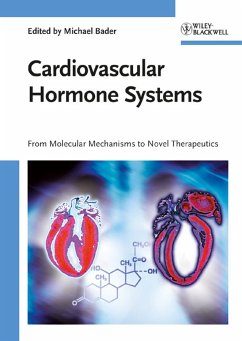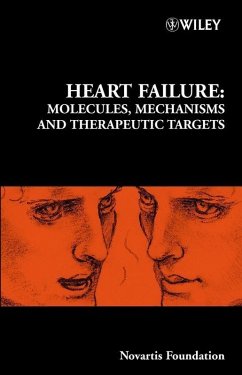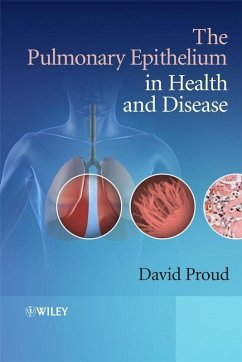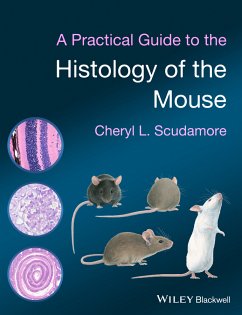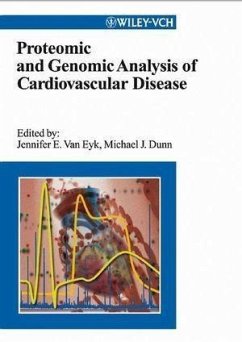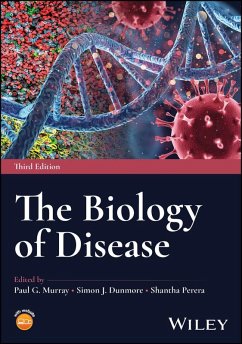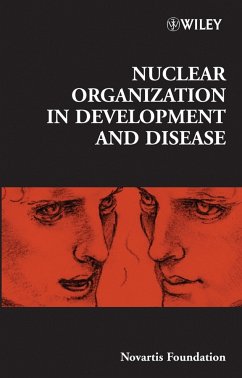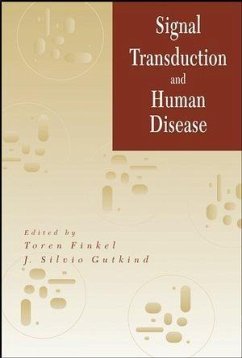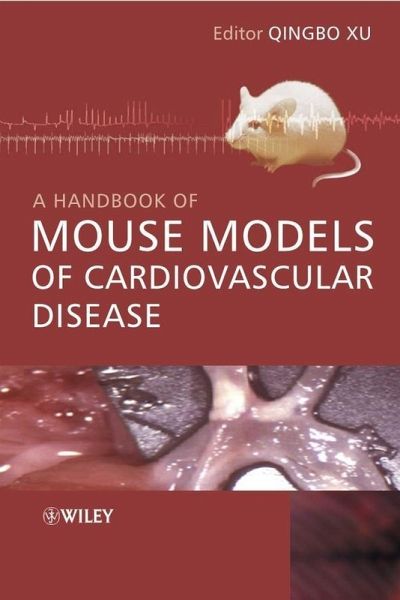
A Handbook of Mouse Models of Cardiovascular Disease (eBook, PDF)
Versandkostenfrei!
Sofort per Download lieferbar
180,99 €
inkl. MwSt.
Weitere Ausgaben:

PAYBACK Punkte
0 °P sammeln!
The availability of well-defined genetic strains and the ability to create transgenic and knockout mice makes mouse models extremely valuable biomedical tools. Their suitability as an experimental system for cardiovascular research depends on the individual investigator's ability to manipulate the mice surgically. Many mouse models require microsurgical techniques, which hitherto could not be performed without practical training. This comprehensive handbook enables scientists to develop these models in their own laboratories. A Handbook of Mouse Models of Cardiovascular Disease is the first bo...
The availability of well-defined genetic strains and the ability to create transgenic and knockout mice makes mouse models extremely valuable biomedical tools. Their suitability as an experimental system for cardiovascular research depends on the individual investigator's ability to manipulate the mice surgically. Many mouse models require microsurgical techniques, which hitherto could not be performed without practical training. This comprehensive handbook enables scientists to develop these models in their own laboratories. A Handbook of Mouse Models of Cardiovascular Disease is the first book to address pathology in mouse models of heart disease, providing the reader with essential information on technical assays in artificially created models. It includes background information on individual cardiovascular diseases, describes detailed methods and materials used for establishing each mouse model, discusses the problems that may appear in the experiments, and provides examples of applications of the model. A Handbook of Mouse Models of Cardiovascular Disease: * Describes mouse models of all important cardiovascular diseases, including atherosclerosis, atrial fibrillation and thrombosis * Features videos of key experimental procedures on the accompanying CD, allowing researchers to learn the techniques by directly watching the whole operational procedure * Describes how to establish each experimental model with detailed protocols and tips on dealing with common operational problems * Highlights potential applications of each model in areas such as pathogenesis, gene transfer, therapy and pathophysiology This handbook is an invaluable resource for researchers in cardiovascular disease, pathology, physiology, interested in the mechanism of vascular disorders and therapeutic approaches. It is also relevant to clinicians seeking to understand the pathology of cardiovascular disease and the rationale for interventions, and of interest to the pharmaceutical industry and all those involved in drug discovery/development for cardiovascular disease.
Dieser Download kann aus rechtlichen Gründen nur mit Rechnungsadresse in D ausgeliefert werden.





